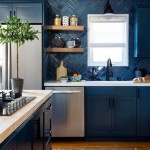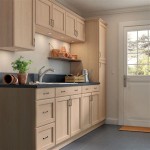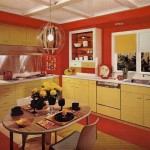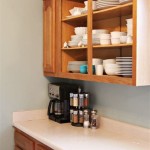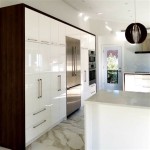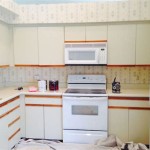Kitchen Cabinet Shelf Replacement: A Comprehensive Guide to Enhance Storage and Functionality
Kitchen cabinets are the workhorses of any kitchen, providing essential storage and organization for cooking and dining essentials. Over time, however, cabinet shelves can become damaged, warped, or simply inadequate to meet evolving storage needs. Replacing them is a crucial maintenance task that can significantly improve the functionality and aesthetics of your kitchen.
Benefits of Replacing Kitchen Cabinet Shelves
Replacing kitchen cabinet shelves offers several key benefits, including:
- Improved Storage Capacity: New shelves can be customized to accommodate larger or more varied items, maximizing storage space.
- Enhanced Functionality: Repurposing shelves with specialized features (e.g., sliding shelves, pull-out trays) improves accessibility and ergonomics.
- Increased Strength and Durability: Replacing damaged or weakened shelves ensures structural integrity and prevents potential accidents.
Materials for Kitchen Cabinet Shelves
Kitchen cabinet shelves come in a variety of materials, each with its own advantages and drawbacks:
- Wood: Classic and versatile, wood shelves are sturdy and can be painted or stained to match any décor.
- Laminate: A cost-effective and durable option, laminate shelves are easy to clean and available in a wide range of colors and patterns.
- Metal: Strong and rust-resistant, metal shelves are often used in industrial kitchens or for heavy-duty storage.
Steps for Replacing Kitchen Cabinet Shelves
Replacing kitchen cabinet shelves is a straightforward process that can be completed with basic tools:
- Remove Existing Shelves: Use a screwdriver or wrench to detach the old shelves from the cabinet frame.
- Measure and Cut New Shelves: Measure the cabinet space and cut new shelves to the appropriate size using a saw or panel cutter.
- Align and Install Shelves: Position the new shelves in the cabinet and secure them using screws or shelf pins.
- Trim Excess: If necessary, trim any excess shelf material to ensure a flush fit.
- Use Precise Measurements: Accurate measurements prevent gaps or misalignment, ensuring proper fit and function.
- Choose Durable Materials: Opt for materials that can withstand the weight of stored items and the demands of daily use.
- Consider Specific Needs: Determine if you require specialized shelves (e.g., corner shelves, wire shelves) to accommodate specific items or optimize space.
Tips for Optimal Shelf Replacement
To ensure successful and aesthetically pleasing kitchen cabinet shelf replacement:
Conclusion
Replacing kitchen cabinet shelves is a crucial task that enhances storage capacity, improves functionality, and revitalizes the aesthetics of your kitchen. By following these guidelines and choosing materials that fit your needs, you can achieve a kitchen that is both organized and stylish.

Replacement Adjustable Shelf For Cabinets

Replacement Shelving For Cabinets Cabinet Doors N More

Cabinet Shelf Standard Or Cut To Size Replacement Kitchen Custom Maple

Replacement Kitchen Cabinet Shelving Cabinets Shelves Replacing

Replacement Shelving For Cabinets Cabinet Doors N More

Cabinet Shelf Birch Custom Replacement New Kitchen Hong Kong

Cabinet Shelf Birch Custom Replacement New Kitchen

Replacement Shelving For Cabinets Cabinet Doors N More

10 Simple Ideas To Update Your Kitchen Cabinets Jenna Sue Design

Revamp Your Kitchen Cabinets For Function And Flow


